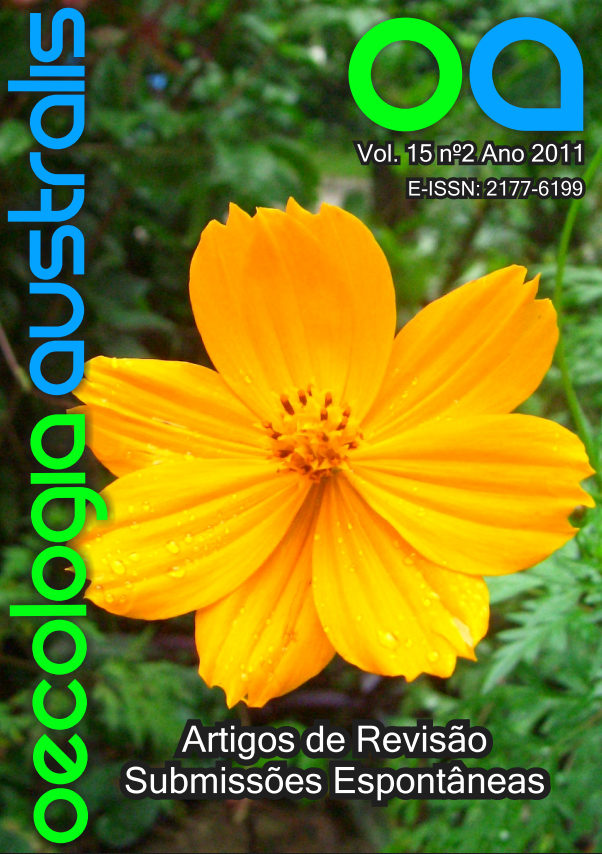HAVERIA RELAÇÃO ENTRE UM CACHIMBO E A ECOLOGIA?
Keywords:
filosofia da ecologia, ecossistema, percepçãoAbstract
IS THERE A RELATIONSHIP BETWEEN A PIPE AND ECOLOGY? The famous René Magritte's painting showing the figure of a pipe and the subscribed sentence “This is not a pipe” allows us to discuss the issue of objectivity and perception of reality. Is what we perceive real or just a representation of reality? Would not scientific knowledge, to which common sense attributes objectivity, be influenced by the observer? In the history of epistemology, inductivism - an objective method of apprehension of scientific knowledge -- was one of the first attempts to establish an alleged objectivism in the conduct of the scientific observer. However, further research and philosophies showed that observed phenomena depends on the observer. Despite this, many ecologists believe that ecological entities (populations, communities, ecosystems) are real and objective ones, whose existence is independent of the observer. Reductionists “slice” nature so it can suit their study methods. By doing so, they create features that supposedly characterize and delimit their “slice” of preference.This is the case of the ecosystem and community concepts, which will be discussed here in order to show how arbitrary and inappropriate are the characteristics that define them as unities of organization in Ecology.
Keywords: Philosophy of ecology; ecosystem; community; perception.


